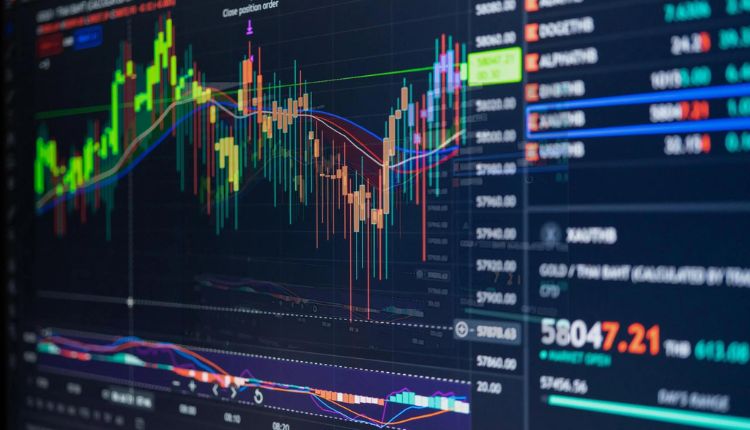Introduction:
The economic calendar serves as a valuable tool for investors, traders, and financial enthusiasts to stay informed about key economic events, indicators, and announcements that can impact the financial markets. By understanding and effectively utilizing the economic calendar, individuals can gain insights into market trends, make informed trading decisions, and capitalize on potential opportunities. In this article, we will explore the significance of the economic calendar, strategies for utilizing it effectively, and the benefits it offers to market participants.
Understanding The Economic Calendar:
The economic calendar is a comprehensive schedule that provides dates and times for important economic releases, such as GDP reports, employment data, central bank meetings, and interest rate decisions. These events influence various asset classes, including stocks, bonds, currencies, and commodities. The calendar typically includes details about the indicator being released, the previous reading, the consensus forecast, and the actual result once it becomes available.
Importance Of The Economic Calendar:
The economic calendar is essential for market participants as it offers several benefits:
- Market Analysis and Forecasting: By tracking economic events, investors can analyze the impact on different sectors and markets. This information enables them to anticipate market movements and make informed decisions.
- Volatility and Trading Opportunities: Economic releases often trigger significant volatility in the markets. Traders can capitalize on these price movements by aligning their positions with the anticipated outcomes.
- Risk Management: Monitoring the economic calendar allows traders to adjust their portfolios or positions in response to potential risks associated with upcoming events. This helps in managing risk exposure effectively.
- Fundamental Analysis: Economic indicators provide valuable insights into the overall health and performance of economies. By analyzing these indicators, investors can assess economic trends, identify potential investment opportunities, and make informed long-term decisions.
Strategies For Utilizing The Economic Calendar:
To make the most of the economic calendar, consider the following strategies:
- Prioritize High-Impact Events: Focus on events that have a high impact on the markets. These include interest rate decisions, employment reports, and GDP releases. Such events often have a significant influence on market sentiment and can result in substantial price movements.
- Monitor Consensus Forecasts: Pay attention to the consensus forecasts provided by economists and analysts. These expectations indicate market sentiment and can serve as a benchmark for evaluating the actual results. Deviations from consensus forecasts can create trading opportunities.
- Assess Market Reactions: Observe how the markets react to economic events. By analyzing previous reactions, you can gain insights into the typical behavior of specific assets or currency pairs, which can aid in making more accurate predictions.
- Combine Technical and Fundamental Analysis: Integrate the information from the economic calendar with technical analysis tools to enhance your trading decisions. Understanding the fundamental context can provide valuable insights when interpreting price charts and patterns.
Conclusion:
The economic calendar is an indispensable tool for navigating the financial markets successfully. By staying informed about upcoming economic events and analyzing their potential impact, individuals can make well-informed investment decisions, manage risk effectively, and capitalize on trading opportunities. Integrating the economic calendar into your trading or investment strategy can significantly enhance your chances of achieving financial success.
FAQs:
- How frequently is the economic calendar updated? The economic calendar is updated in real-time as new economic events and data become available. It is advisable to refer to a reliable financial website or platform that offers up-to-date information.
- Can the economic calendar be used for long-term investment strategies? While the economic calendar is primarily used for short-term trading decisions, it can also provide insights for long-term investment strategies. By analyzing economic indicators and trends, investors can identify sectors or industries that may outperform or underperform in the long run.
In conclusion, by utilizing the economic calendar effectively, market participants can gain a competitive edge in the financial markets. It enables them to make informed decisions, anticipate market movements, and seize potential opportunities. Whether you are a seasoned trader or a long-term investor, incorporating the economic calendar into your financial analysis toolkit is a valuable step towards achieving your investment goals.

